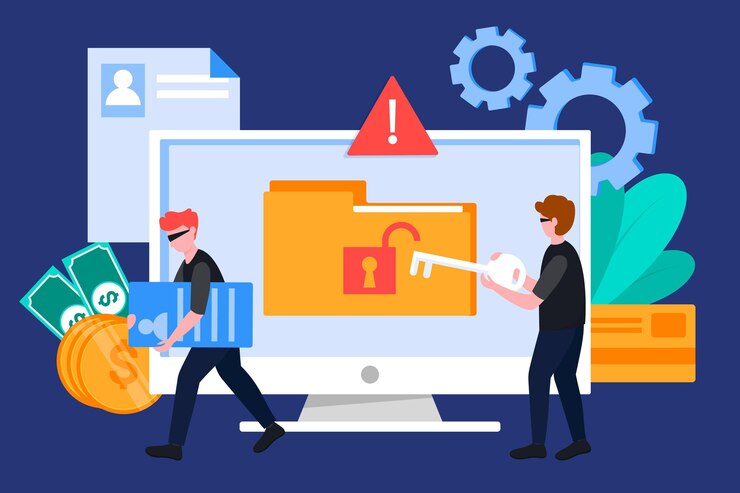Debt settlement can offer relief to individuals burdened by overwhelming debt, but
unfortunately, it also attracts scammers looking to exploit vulnerable individuals. Recognizing
the warning signs of debt settlement scams is crucial for protecting yourself from financial harm.
In this guide, we’ll outline key red flags to watch out for when considering debt settlement,
empowering you to make informed decisions and avoid falling victim to fraudulent schemes.
Upfront Fees:
Legitimate debt settlement companies typically charge fees based on the amount of debt they
successfully negotiate down. Be cautious of firms that demand hefty upfront fees before
providing any services. Requiring payment before delivering results is a common tactic used by
scammers. Avoid companies that ask for payment upfront and instead opt for firms that only
charge fees after they’ve successfully reduced your debt.
Unrealistic Promises:
Beware of debt settlement companies that promise quick and easy solutions to your debt
problems. Achieving debt relief through settlement is a complex process that takes time and
negotiation with creditors. Scammers may guarantee to settle your debts for unrealistically low
amounts or claim they can eliminate your debt entirely. Remember, genuine debt settlement
takes time and involves compromise, so be skeptical of promises that seem too good to be true.
Lack of Transparency:
Transparency is essential when dealing with debt settlement companies. Avoid firms that are
unwilling to provide clear and detailed information about their services, fees, and the potential
risks involved. Legitimate companies should be transparent about their negotiation process, the
timeline for achieving results, and any potential negative consequences, such as damage to your
credit score.
High-Pressure Sales Tactics:
Be cautious of debt settlement companies that use aggressive or high-pressure sales tactics to
pressure you into signing up for their services. Scammers may create a sense of urgency or fear
to push you into making hasty decisions. Remember that you have the right to take your time,
compare options, and ask questions before committing to any debt settlement program. Avoid
companies that pressure you to sign contracts or make payments immediately.
Lack of Accreditation or Licensing:
Legitimate debt settlement companies are typically accredited by reputable organizations and
licensed to operate in their respective states. Before working with a debt settlement company,
verify their accreditation and licensing status. Be wary of firms that are not properly licensed or
accredited, as they may not adhere to industry standards or regulations.
No Written Agreements:
Insist on written agreements that clearly outline the terms and conditions of the debt settlement
program before proceeding. Review the contract carefully and ensure you understand all the
terms, including fees, timelines, and potential risks. Avoid companies that are unwilling to
provide written agreements or pressure you to sign documents without adequate review.
Negative Reviews and Complaints:
Research the reputation of the debt settlement company by checking online reviews,
testimonials, and consumer complaints. Pay attention to any patterns of complaints or negative
feedback, as they may indicate a history of unethical practices or scams.
Conclusion:
Debt settlement can be a legitimate solution for individuals struggling with debt, but it’s essential
to be cautious of scams in the industry. By watching out for red flags such as upfront fees,
unrealistic promises, lack of transparency, high-pressure sales tactics, lack of accreditation,
absence of written agreements, and negative reviews, you can protect yourself from falling
victim to fraudulent schemes. Remember to conduct thorough research, ask questions, and seek
advice from reputable sources before choosing a debt settlement company. With vigilance and
awareness, you can navigate the debt settlement process safely and effectively.
Beware of Scams! Red Flags to Watch Out for When Considering Debt Settlement



